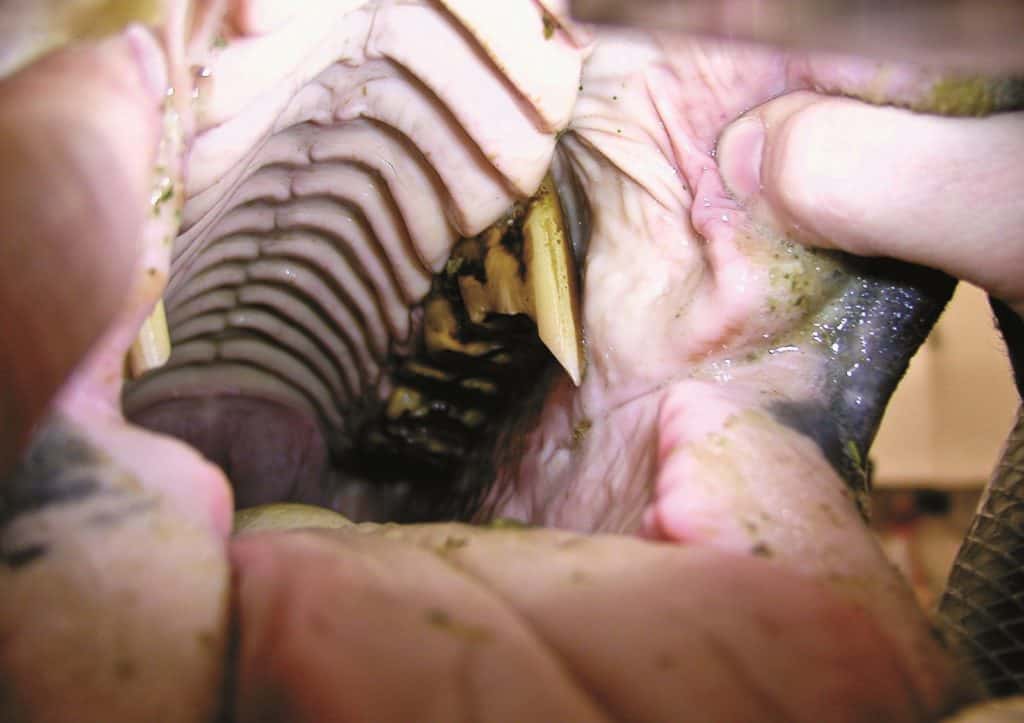
Does Your Horse Need a Dentist?
Find out why you should make regular dental checkups part of your horse’s scheduled maintenance.

Find out why you should make regular dental checkups part of your horse’s scheduled maintenance.

Read about both classic and unusual hernia cases veterinarians encounter, why they occur, how to treat them, and their prognoses.
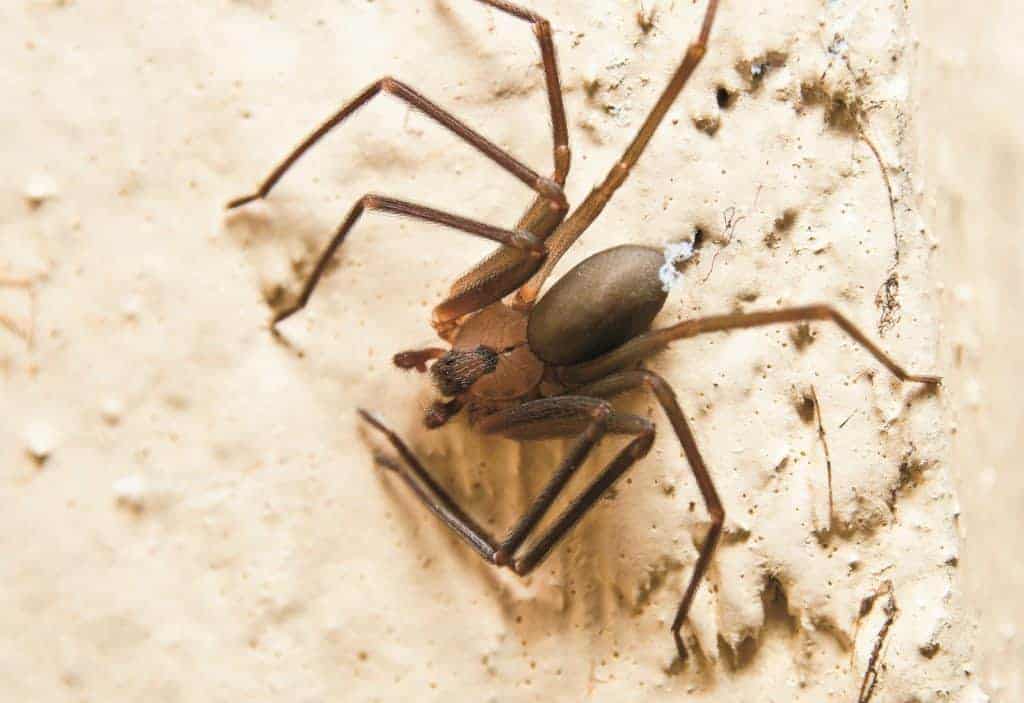
Here’s how to handle snake or spider bites should your horse have a run-in with one of these critters.

Dr. Cynthia Gaskill of the University of Kentucky’s Veterinary Diagnostic Lab shares important things mare owners need to know about fescue toxicosis.

Learn from a critical-care veterinarian what you should do if you suspect a snake has bitten your horse.

Find out what wolf teeth are and why you need to be on the lookout for them in young horses. This podcast is from the Equine Life Stages: Young Horses Q&A audio event.

Dr. Earl Gaughan explains the attention a young horse’s teeth need and why dental care is important. This podcast is from the Equine Life Stages: Young Horses Q&A audio event.

These harmful toxins produced by molds and fungi could be lurking in your horse’s feed and forage.
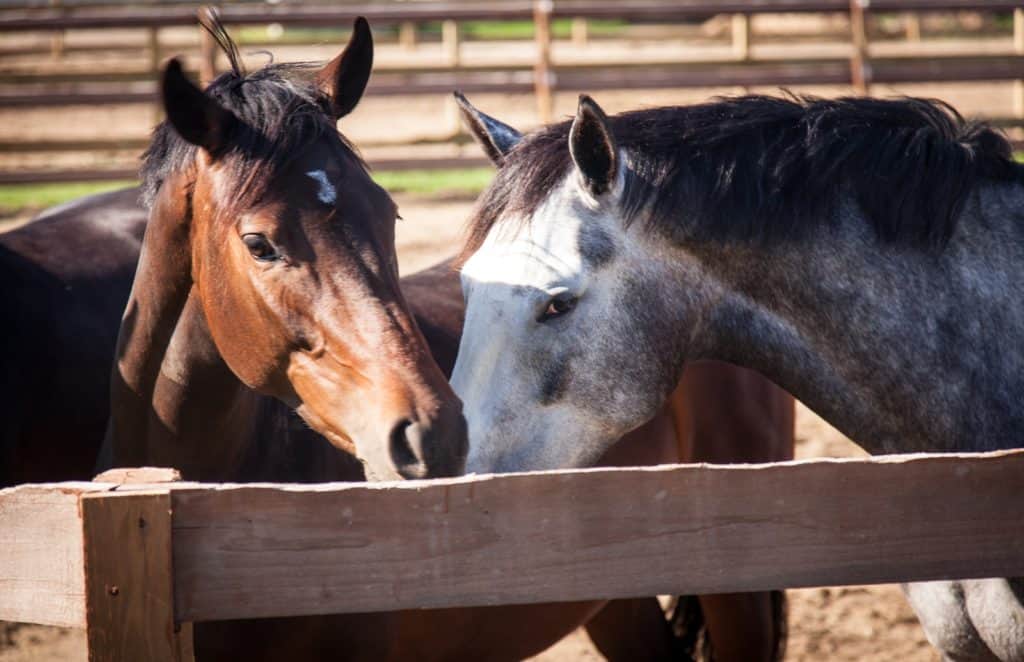
A horse’s early years are crucial to his development and future potential. Learn how to get your young horse off to a great start in life during this live event.

Disease-harboring mosquitoes and flies top most horse owners’ list of bugs to beware of, but don’t forget these other horse and barn-harming pests.
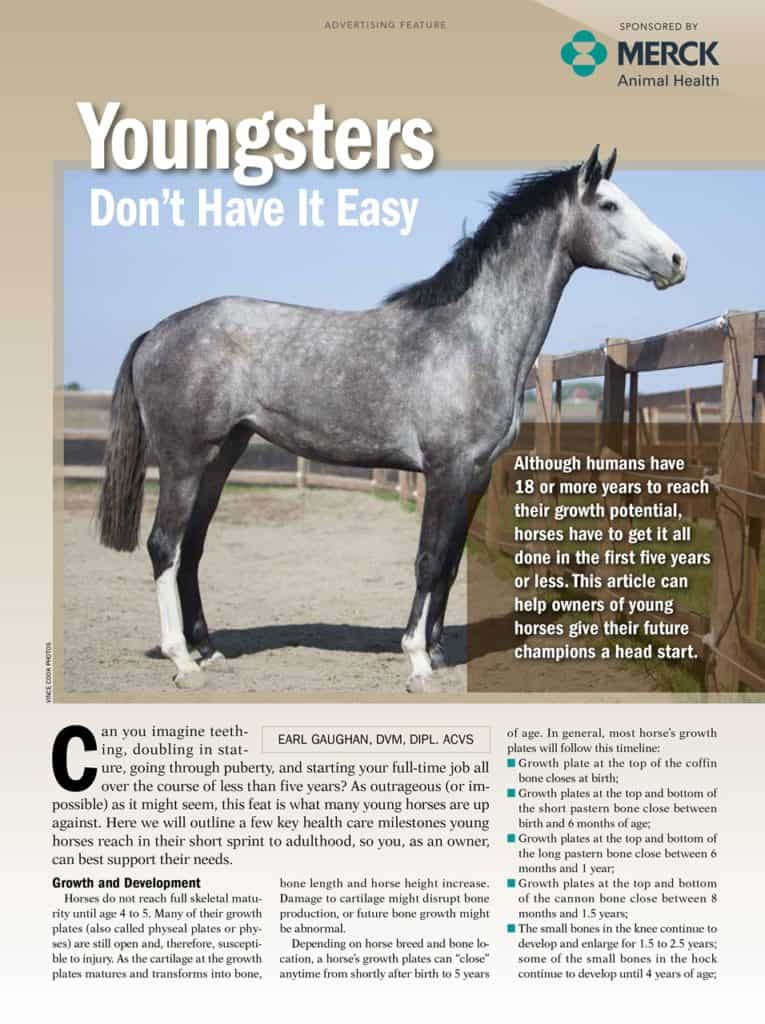
Give your youngster a strong start to a lifetime of health with information from this in-depth special report about horses age 1 to 3 years old. Learn about deworming, dental care, bone disease, hoof care, and more.

Property managers often test their pastures to evaluate the risk of fescue toxicity; however, how you test can produce drastically different results. Here are some things to remember when testing horse pastures for infected tall fescue.
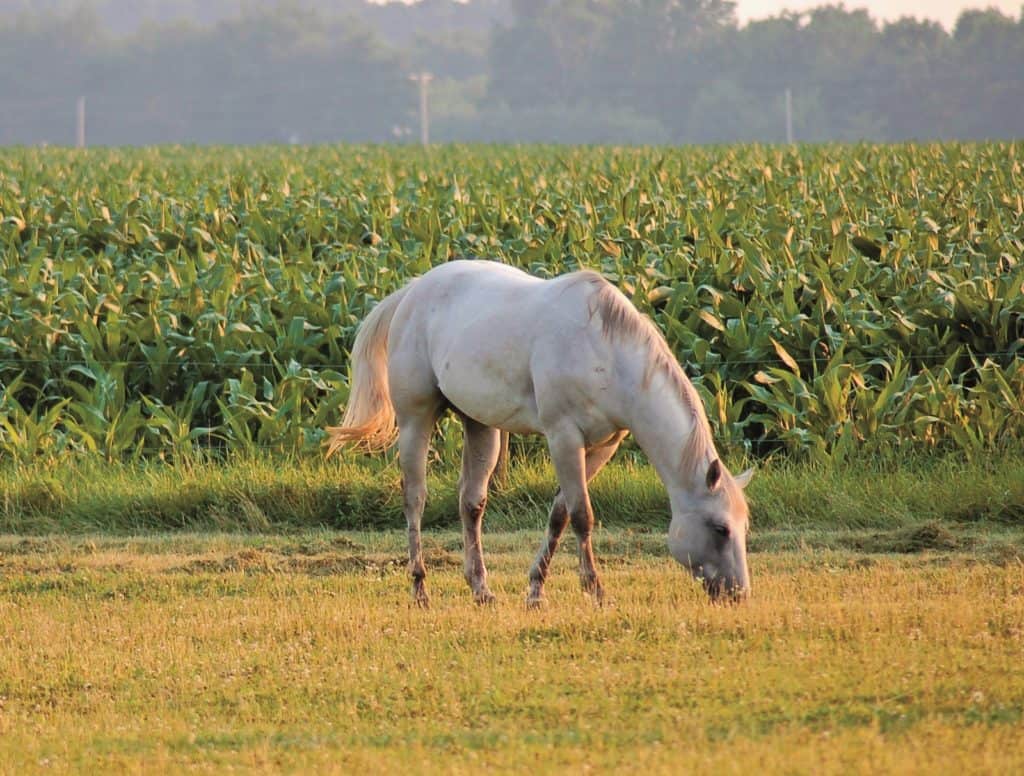
My horses got into a pasture yesterday where deer corn had been spread, and they ate some of it. Then, last night, they didn’t want to eat anything. What is the deer corn going to do to them?

There are no easy answers when it comes to colic surgery, just as there are no easy decisions.

Blister Beetles naturally contain and secrete a chemical substance called cantharidin, which is extremely toxic to horses. Dr. Sarah Reuss lists the dangers of blister beetles and what horse owners can do to prevent their horse from ingesting them.

Recent work demonstrates that endophyte-infected fescue can cause vasoconstriction in the legs and reduced blood flow to reproductive organs in mares.
Stay on top of the most recent Horse Health news with
"*" indicates required fields